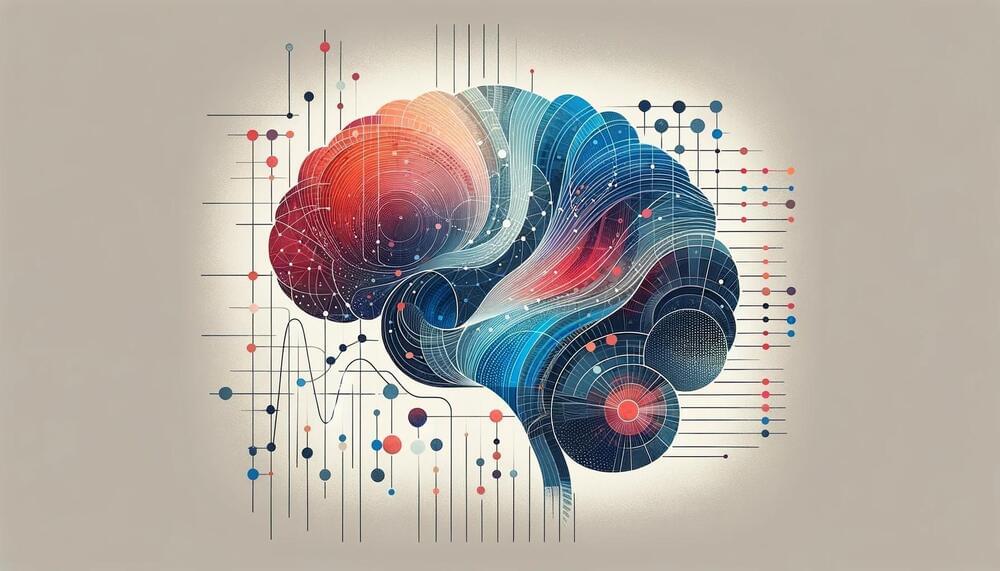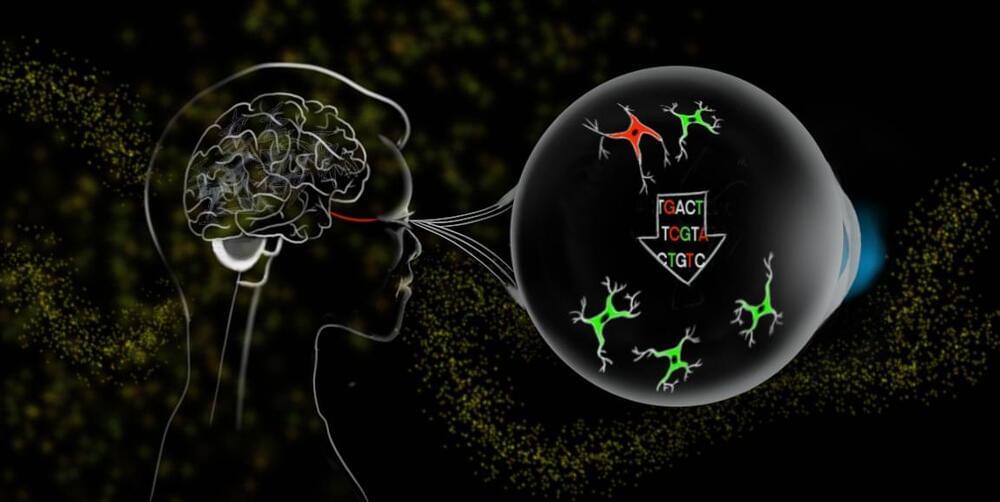Get the latest international news and world events from around the world.

Solving the Problem of Observers & ENTROPY | Stephen Wolfram
Stephen Wolfram unveils his new Observer Theory and explains the origins of the Second Law (Entropy) with Curt Jaimungal. This is Wolfram’s first podcast on his new views on consciousness, and the deepest dive into Wolfram’s mind.
TIMESTAMPS:
- 00:00:00 What is Observer Theory?
- 00:12:42 Different Observers (Who are \.
Non-Carbon Based Life
Science Fiction has long contemplated the idea that alien life not based on carbon chemistry such as silicon might exist on distant and strange worlds, or might be made to exist advanced biological engineering. What would such life be like?
Start listening with a 30-day Audible trial and your first audiobook plus two Audible Originals are free. Visit http://www.audible.com/isaac or text \.
To See Black Holes in Detail, She Uses ‘Echoes’ Like a Bat
Packed with mass equal to millions or billions of suns, supermassive black holes lurk at the center of nearly every galaxy.
The astrophysicist Erin Kara measures time lags in black holes’ X-ray glows, which reveal the complexity of the objects’ closest surroundings.


More than 60% of Americans are living paycheck to paycheck. Here’s what researchers say is to blame
Along with climbing homelessness and other societal woes globally this is the time for transhuman ideals to emerge to save lives. We could automate all work and get universal basic income with AI to work for us.
About 61% of Americans are living paycheck to paycheck, an issue that impacts both low-wage and high-income families alike, according to new research from LendingClub.
Low-wage earners are most likely to live paycheck to paycheck, with almost 8 in 10 consumers earning less than $50,000 a year unable to cover their future bills until their next paycheck arrives. Yet even 4 in 10 high-income Americans, or those earning more than $100,000, say they’re in the same position, the research found.
Such a situation is viewed as financially risky because it means those households don’t have enough savings to tide them over in case of an emergency, indicating that they are unable to cover their upcoming bills until their next payday. The rate of Americans who are living paycheck to paycheck is on the rise, up 2 percentage points from a year earlier, the analysis found.

National Homeless Facts and Statistics
1.6 billion people globally are homeless.
Homelessness has been a growing issue in the United States for decades — it affects millions of people each year. Despite efforts to address the problem, the number of individuals experiencing homelessness continues to rise, with the COVID-19 pandemic and an ongoing lack of affordable housing exacerbating an already difficult situation.

Traumatic Brain Injury Forges New Neural Pathways
Tufts University School of Medicine researchers developed imaging technology that records neuronal activity throughout the brain during the first weeks of recovery. They discovered that a head injury serious enough to affect brain function, such as that caused by a car accident or sudden fall, leads to changes in the brain beyond the site of impact. In an animal model of traumatic brain injury, the researchers found that both hemispheres work together to forge new neural pathways in an attempt to replicate those that were lost.
Their findings are published in Cerebral Cortex in an article titled, “Traumatic brain injury disrupts state-dependent functional cortical connectivity in a mouse model.”
“Traumatic brain injury (TBI) is the leading cause of death in young people and can cause cognitive and motor dysfunction and disruptions in functional connectivity between brain regions,” wrote the researchers. “In human TBI patients and rodent models of TBI, functional connectivity is decreased after injury. Recovery of connectivity after TBI is associated with improved cognition and memory, suggesting an important link between connectivity and functional outcome. We examined widespread alterations in functional connectivity following TBI using simultaneous widefield mesoscale GCaMP7c calcium imaging and electrocorticography (ECoG) in mice injured using the controlled cortical impact (CCI) model of TBI.”

It’s not all about neurons: A new avenue for treating neurodegeneration, injury
While supporting actors are often overlooked, without their contribution, a story’s main characters would lose context and resort to isolated monologues.
The same is true for neurons — the top-billing stars of cognition — when firing in the brain. Without cells called glia, which form the bulk of brain matter, neurons would stop communicating with each other, as seen in neurodegeneration. These supporting glial cells play countless critical roles in the nervous system such as maintaining the chemical environment of neurons and modulating their activity.
Although neurons still rightfully garner A-lister attention when it comes to developing brain therapies, Jeffrey Goldberg, MD, PhD, professor and chair of ophthalmology and the Blumenkranz Smead Professor, believes a young, underexplored class of therapies called gliotherapeutics, which target and harness glia, will ultimately provide important new directions for treatment.